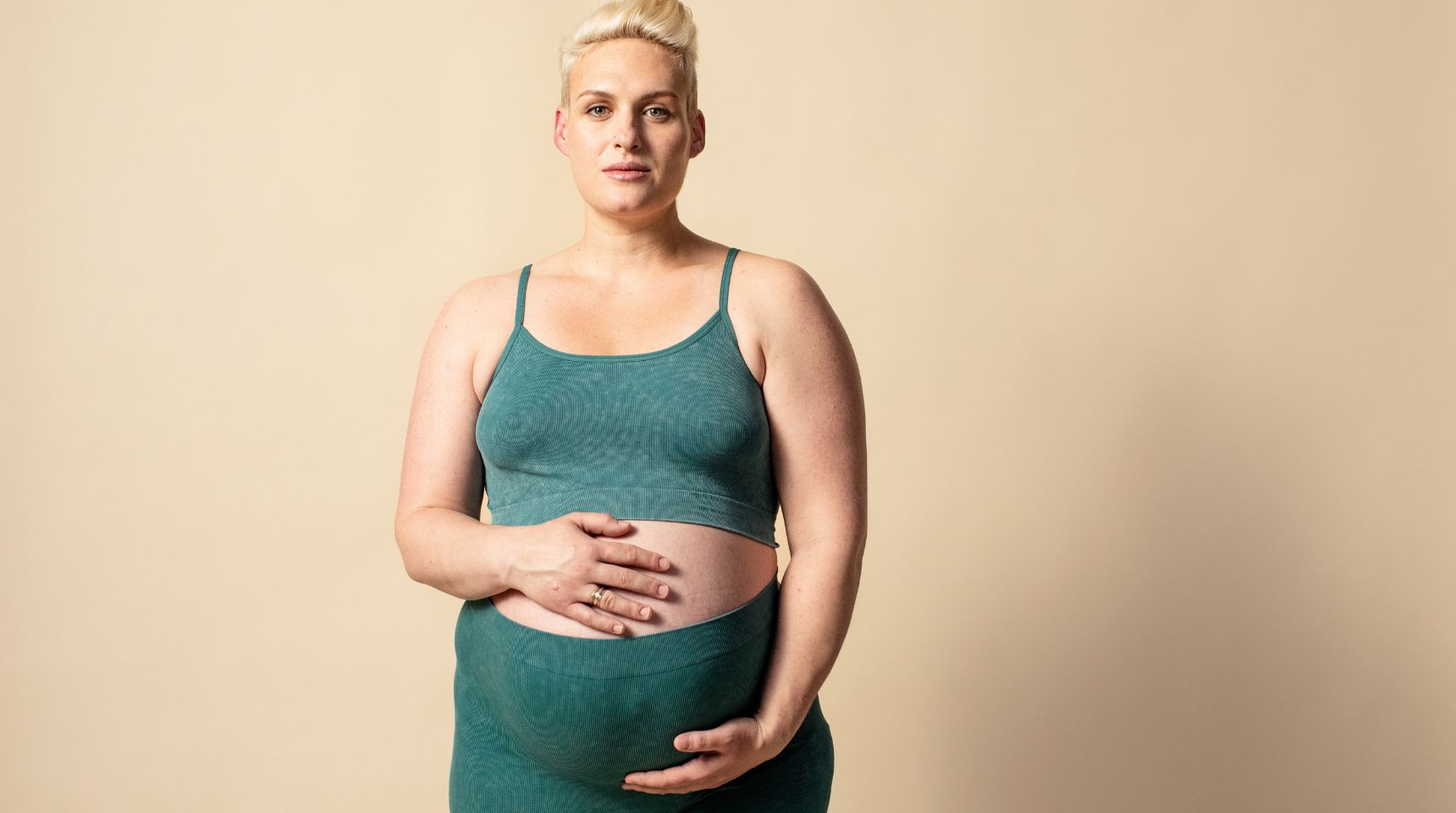The Priestley International Centre for Climate based at the University of Leeds brings together world-leading expertise to deliver research that underpins robust and timely solutions that address climate change and its impact on society and ecosystems. In October 2020, we began sponsoring a three-year PhD Scholarship. The PhD researched the ‘Co-benefits of a low-carbon economy – improved air quality and reduced global warming'. With the scholarship nearing its end, we’re proud to have played a role in supporting research that’s shaping important conversations around climate and health.
WHAT WAS THE PHD RESEARCH ABOUT?
The problem
Air pollution kills around seven million people worldwide every year, and around 90% of the world’s population breathe air which is contaminated with high levels of pollution. In October 2019, the head of the United Kingdom’s National Health Service (NHS) declared air pollution to be a UK health emergency.
Much of this air pollution is a result of burning fossil fuels in both industrial and household processes, as well as from petrol and diesel-powered vehicles. These fossil fuel emissions are also a direct cause of climate change, though public perception still fails to connect the two issues.
The drive towards a low carbon economy will see a significant reduction in emissions across a range of sectors. The research not only addressed the issues of climate change but also improved air quality and delivered a significant benefit for human health.
By demonstrating these co-benefits, a compelling case for the importance of reducing emissions was be made – and helped to shift public perceptions towards the immediate benefit of taking these steps.
This project was closely aligned to UN Sustainable Development Goal 13 - To improve education, awareness-raising and human and institutional capacity on climate change mitigation, adaptation, impact reduction and early warning.
Priestley Centre approach
Recent work in the Institute for Climate and Atmospheric Science investigated the changes in mortality associated with exposure to air pollution and how this mortality changes under different scenarios. Researchers at the Priestley Centre worked with respiratory clinicians in the Leeds teaching hospitals using their most current mortality indices to examine the health impacts of these changing scenarios.
This project used next-generation chemistry and climate models to explore the impact of the drive towards net-zero emissions and how this lead to a parallel reduction in the toxic air pollutants to which the majority of the world’s population is exposed.
Prospect
By demonstrating the direct local benefits to human health, which can be brought about by reducing pollutants, the benefit of emissions reductions were reinforced, driving a change in perception among the general public.
Reflecting the intent behind the research, Connor Clayton, Priestley PhD researcher, noted at the time: “I'm looking forward to getting started with this important research, exploring how to more clearly demonstrate that establishing a low carbon economy can not only reduce global warming, but also to improve our health. This is an exciting opportunity to make a significant contribution to the field that will help bridge the gap between the scientific world, the public and policymakers.”
WRAPPING UP: KEY MILESTONES FROM THE STUDY
The scholarship we’ve sponsored marks a significant milestone in this multi-year research initiative. As the work draws to a close, it’s already generating meaningful impact across both academic and public spheres. Two peer-reviewed papers have been published—one in Earth’s Future and another in Atmospheric Chemistry and Physics—highlighting key findings from the study. The research has also gained attention in media, including coverage in TIME and the Daily Mail, underscoring the significance of the findings for climate policy and public health.









